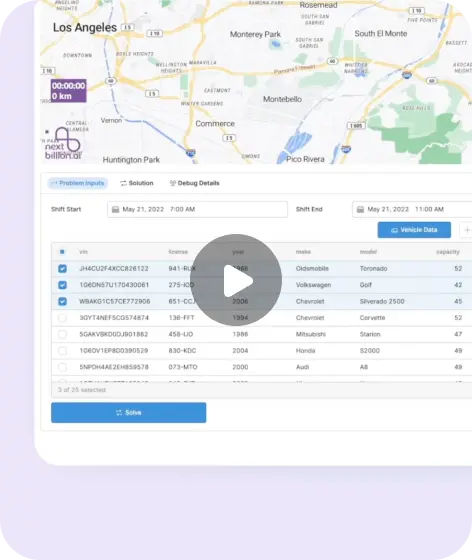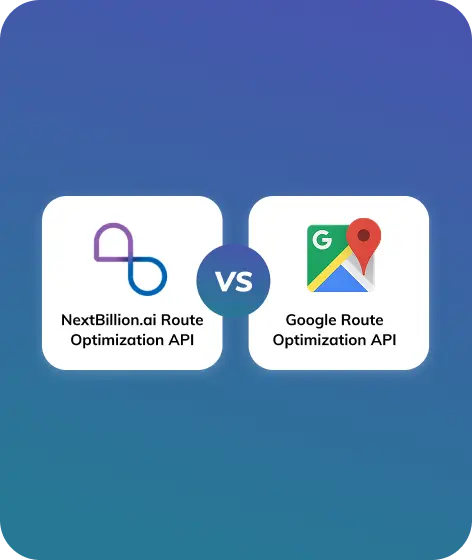Table of Contents
What is Supply Chain?
A supply chain can be defined as the activities required to deliver goods and services to the consumer. It is a connected system of organization, information, and resources designed to produce and move goods from the supplier end to the consumer end. It focuses on the core activities within the organization that convert raw materials into finished goods or services.
A supply chain is an integral part of the logistics industry. It can take the form of a product-based supply chain or a service. For example, in the shipment of goods, the staff, supply of vessels, and fuel are all required to deliver packages to customers. When it is connected to both suppliers and customers, then it is known as a supply chain network.
Stages within a Supply Chain
A supply chain involves many steps or activities. These activities are divided into two categories, namely primary and support activities.
- Primary activities: These activities are directly related to the creation, sales, maintenance, and support of a product or service. It includes inbound logistics operations and outbound logistics sales and service.
- Support activities: As the name suggests, their objective is to support primary activities. It includes procurement, human resources, infrastructure, and technological development.
Key Steps in Supply Chain
A supply chain generally consists of the following key steps:
- Extraction of raw materials.
- Refining and manufacturing these raw materials into basic parts
- Assembling these basic parts into finished goods
- Selling finished products to customers.
- Delivery of these products to end users.
Several activities also take place between these steps, like:
- Transportation of goods from one destination to another with security
- Storage of products until they are needed
- Authentication and tracking of goods
- Demand and supply management
- Inventory tracking and management
What is Supply Chain Management?
Supply chain management can be defined as the act of creating, managing, tracking, and optimizing a supply chain. These activities are carried out by a team of specialists known as supply chain managers. Its efficiency depends on everyone’s involvement in the supply chain network and providing timely information to identify issues in the streamlined process.
The objective of supply chain management is to look holistically at the supply chain network, i.e., from the supplier to the end users. It also focuses on improving three core areas: people, processes, and systems, to maximize the output from all activities.
Importance of Supply Chain Management
Supply chain management plays an important role in the growth of organizations. It can improve the financial performance of an organization by delivering values that are associated with the company’s corporate strategy. It also improves the reputation of an organization by providing customer satisfaction. Effective supply chain management can reduce the operating costs of procurement activities. The profit or revenue of organizations depends on how efficiently the supply chain is managed.
Challenges in the Supply Chain
The complex and multi-step nature of modern supply chains generates several challenges for supply chain managers. Some of the challenges are:
- Lack of Transparency: The legacy supply chain lacks transparency and is difficult to understand. This makes it difficult to plan the transportation of goods through the supply chain. The optimization and effectiveness of demand management are not possible without transparency.
- Lost or Damaged Goods: An effective supply chain results in the streamlined movement and processing of goods. If the supply chain is not managed properly, it will create unnecessary delays, reduce customer satisfaction, risk shipment security, make it tough to track delivery status, and gradually lead to the downfall of the organization.
- Insufficient Planning: If the efficiency of the supply chain is compromised, it will impact the productivity and profitability of an organization. If supply chain management is not planned properly, it will waste efforts, resources, and time.
- Poor Relationship with Customers: Proper planning and implementation of supply chain management are needed to satisfy customer demands. However, a complex, legacy supply chain is not able to perform this task, hence impacting the relationship between shippers and end users.
As discussed, the supply chain plays an important role in the logistics industry. With proper planning and implementation of the supply chain, organizations’ productivity and efficiency will rapidly increase. It develops trust between companies and end users by satisfying their demands and delivering the products on time with the best quality.
We know that every business is different and we care about your unique needs.
With NextBillion.ai’s Map API you get- Large Distance Matrix API with a Matrix size upto than 5000*5000
- Optimal routes with accurate ETAs
- Flexible navigation SDK that’s easy to integrate and ready to use for developers
- Quick and accurate location data
- Track and trace routes taken along with other map attributes
- Create custom tiles for your interactive maps. Personalized to fit your brand aesthetic.




